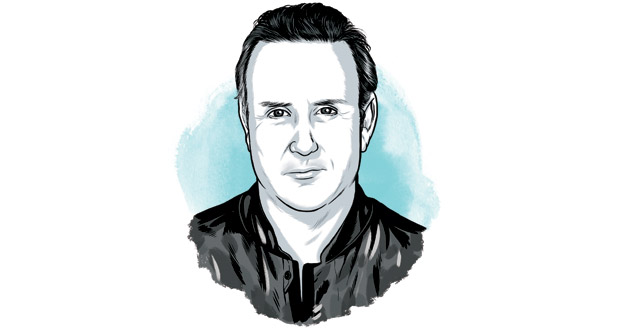
Brands tend to exude the same style and comfort across a portfolio, but Stephen Brandman wanted to start a different kind of hospitality company. After creating and selling both Thompson Hotels and Commune Hotels, both of which took place after a 16-year career spent traveling the world with InterContinental Hotels, Brandman created Journal Hotels, a collection of properties that project their own personalities and desires. With the collection growing quickly, Brandman spoke with LODGING about his company’s successes, challenges, and the future of the industry.
Why has Journal Hotels grown so quickly?
Sometimes when you’re building a brand, meeting the branding requirements becomes the single most important factor. What was missing in the marketplace was a brand that listens to owners’ desires for their properties. With Journal, we can let hotels’ personalities be seen and owners’ voices be heard. I’ve been very fortunate that people have trusted me in the past and wanted to add their properties to my collection. They have been supportive of my work because they’ve seen the quality, results, and profits in my track record.
How does a hotel join the collection, and what do you look for in those hotels?
Many of the hotels we acquire are chosen based on reputation and relationships, but there are times when owners reach out with an asset they’d like us to look at. Conversely, there are also projects on my radar that might be a good fit for what we do. Location is of the utmost importance; we try to grow in primary and secondary markets. We also like to appeal to what I call the “lifestyle market.” For example, The Hollywood Roosevelt in Los Angeles is one of our active properties, but Two Bunch Palms in Palm Springs is about relaxing and slowing down. The beautiful part of the collection is that guests that stay at The Hollywood Roosevelt for an exciting trip will go to Two Bunch Palms to relax. Each hotel offers a gateway into our portfolio, which has so much to offer.
Have you faced any challenges in starting the collection?
The greatest challenge is finding talented people. Many associates that have worked for me in the past have decided to rejoin my organization, and that has helped us make a smooth transition. When I make a commitment to an owner to ensure his or her property is profitable and has great service, it’s not just about the building; it’s about the people inside the hotel. Every person and every job is different. In some candidates, I look for great depth of experience. Other times, an important element of my business is the millennial market, and I’ll hire younger people that haven’t worked for me before. I want their energy, ideas, and the unique perspective and direction that they bring to a project.
What do you see for the future of the hotel industry?
More and more technology is coming, and the industry needs to accept what millennials bring forward. Generally, we need to be more sensitive to the millennial market. We have to find the balance between more traditional hotel amenities and services versus what millennials embrace. What’s important for the lifestyle market is that they engage a psychographic and not just embrace an age. Just because someone’s of a certain age doesn’t mean they think a certain way.











